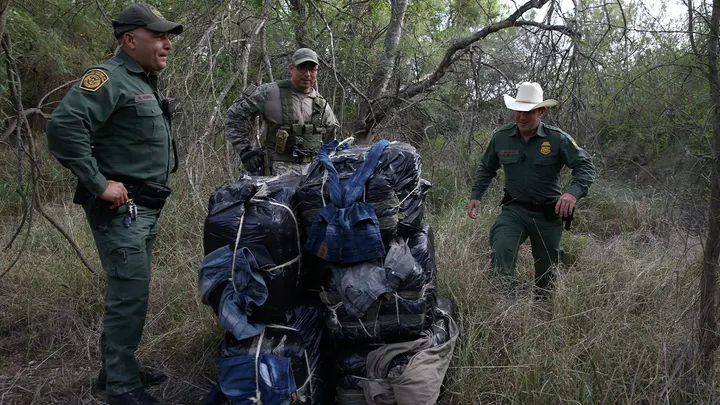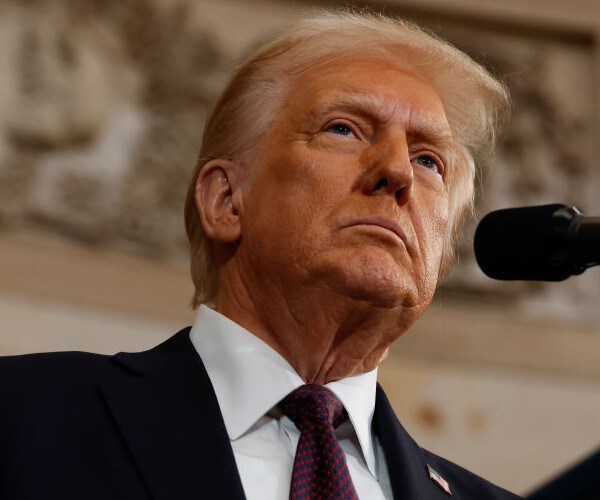Somewhere in the Caribbean, a U.S. Navy radar locks onto a “go-fast” narco-boat slicing through the dark waters — another day, another takedown in President Trump’s revived war on drugs. But this time, the fight isn’t in the Middle East or Afghanistan. It’s right here in the Western Hemisphere.
Under Trump’s direction, the U.S. military and law enforcement have turned the Caribbean into a high-stakes battlefield — intercepting cocaine shipments, disrupting cartel finances, and forcing traffickers to change tactics. Maritime interdictions are up, and the cartels are bleeding cash.
“They’re going to try and stay alive by moving cargo on aircraft,” said Heritage Foundation senior fellow and former Navy officer Brent Sadler. “But it’s more expensive, and you can’t move as much by volume, so it’s going to hurt their business model.”
Exactly the kind of strategic chokehold Trump promised — hit the cartels where it hurts, and force them to collapse under their own weight.
But there’s one place the bombs and boats stop: Mexico.
Despite the fact that nearly all of America’s fentanyl and methamphetamine now comes from Mexican superlabs, the U.S. has drawn a hard line at the border — no naval raids off Mexican ports, no drone strikes on cartel compounds, no direct military engagement.
The reason? Politics.
As Sadler explained, “Once you go on land, now you’ve got sovereignty issues, collateral damage, all kinds of complications.”
And while some Republicans have floated the idea of designating cartels as terrorist groups — paving the way for direct U.S. strikes — legal experts point out that the situation isn’t as clear-cut as in Venezuela or Colombia.
“The Venezuelan military is relatively weak,” said CSIS analyst Mark Cancian. “None of that exists for Mexico … You would have that much less justification.”
The U.S.–Mexico relationship is simply too important — and too entangled — to risk unraveling. Mexico is not only America’s largest trading partner, but also a key player in stemming illegal migration and intelligence sharing on drug operations.
Former U.S. Ambassador Earl Anthony Wayne put it bluntly:
“Mexico has a wide range of relations with the United States … That makes it quite different from Venezuela and even very different from Colombia.”
So for now, Trump’s war on drugs has taken a smarter approach — fight offshore, hit the cartels’ global supply lines, and keep the diplomatic relationship intact.
The results speak for themselves:
-
Fentanyl seizures hit record highs — 27,000+ pounds in 2023 alone.
-
Border apprehensions fell to their lowest level since 1970.
-
Maritime interdictions are forcing cartels to burn cash, reroute shipments, and expose their networks.
It’s a modern strategy — one that mixes military might with intelligence precision. No need for messy land wars when America can choke the cartels from the sky and sea.
“You can put the cartels out of business by hitting them where they’re most vulnerable,” Sadler said. “That’s at sea and in international airspace.”
Trump’s message is clear: the era of looking the other way on cartel power is over. The U.S. will defend its borders — and this time, the war on drugs isn’t a slogan. It’s a strategic offensive with global reach.


